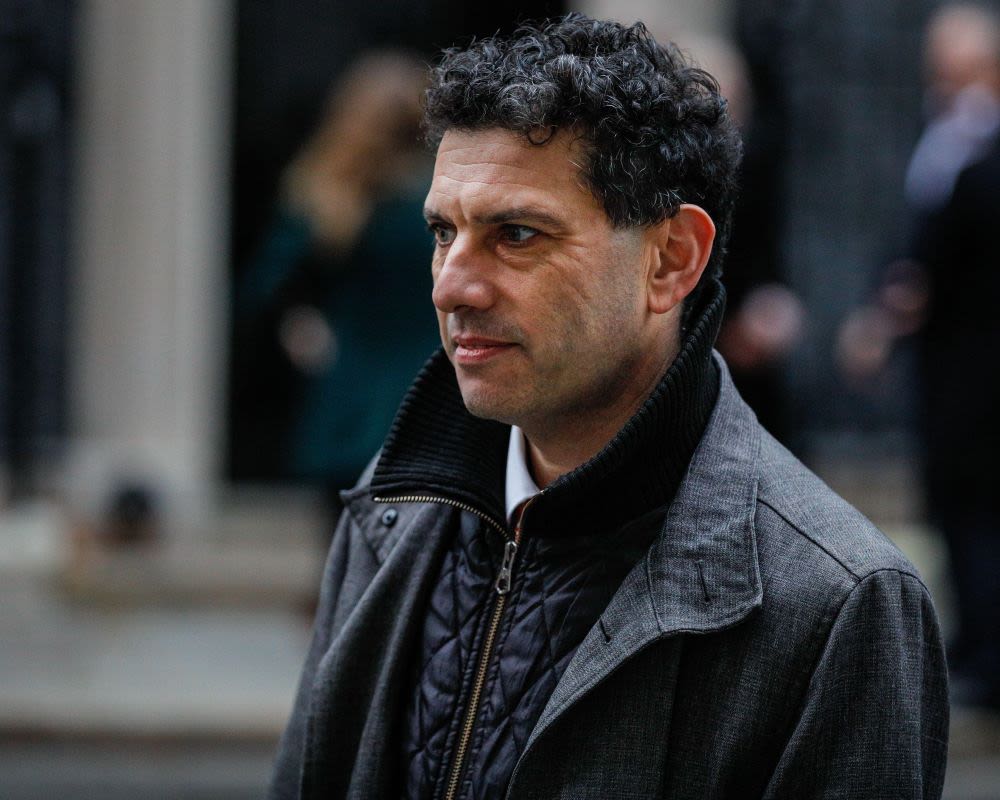In the intricate web of governmental reforms, a new debate arises as Labour MP Alex Sobel raises compelling concerns about the government’s latest planning reforms. At the heart of the issue lies the potential impact these reforms could have on Natural England, the agency tasked with overseeing environmental regulations in the country. Sobel’s apprehension is centered around the feasibility and the real-world implications of the proposed Planning and Infrastructure Bill, a legislative effort aimed at bolstering growth by streamlining housing and infrastructure projects.
Natural England’s Role Under Scrutiny
Alex Sobel, representing Leeds Central and Headingley, has formally engaged with the chairs of three select committees to evaluate whether Natural England possesses the necessary capability to fulfill the obligations outlined in the impending bill. The government’s vision involves establishing a Nature Restoration Fund (NRF), a financial mechanism allowing developers to satisfy environmental requirements by making monetary contributions. These contributions would then be allocated by Natural England to restore and enhance environmental assets.
The government asserts that this fund will encourage developers to take an active role in environmental recovery while pursuing construction projects. However, environmental advocates remain skeptical, warning that such reforms could potentially undermine existing environmental protections.
Challenges Facing Natural England
Sobel’s letter, shared with PoliticsHome, highlights several pressing issues. He underscores the budgetary strain and potential job cuts facing Natural England, citing reports suggesting that at least 200 positions may be eliminated. This financial squeeze casts doubt on the agency’s capacity to implement the new guidelines effectively, potentially delaying projects and detracting from their intended environmental benefits.
Sobel expresses additional concerns about the possible rise in legal challenges that could stem from these policy changes. With developers potentially contesting the fees required for the NRF, there is a risk of protracted legal disputes absorbing Natural England’s resources and attention. The Labour MP suggests that these dynamics could deter developers, who might resort to contesting the levies in a bid to reduce expenditures, thus stalling their own projects in the process.
Potential Legal Entanglements
The proposed bill also includes the formation of Environmental Delivery Plans (EDPs), designed to present conservation strategies addressing environmental impacts and securing what is termed as an « environmental uplift. » Sobel cautions that profound transformations in environmental legislation, exemplified by the establishment of EDPs, could invite further legal challenges, including judicial reviews. Such developments would compel Natural England to defend its evaluations, potentially incurring significant costs and demanding considerable time and effort.
Implications for Future Development
Sobel’s perspective raises crucial questions about the sustainability of integrating ambitious environmental reforms with rapid development agendas. His insights suggest that the repercussions could extend beyond bureaucratic hurdles, potentially delaying the progression of actual construction and decelerating the flow of funds to Natural England through the NRF.
In response, a government spokesperson emphasizes the strategic investment of £14 million into the Nature Restoration Fund, asserting that it will function on a full cost-recovery basis. The spokesperson maintains that the Planning and Infrastructure Bill represents a dual victory for the economy and ecological conservation, addressing systemic inefficiencies that have hindered economic growth and failed to advance nature’s recovery.
The evolving dialogue surrounding these reforms highlights the delicate balance between economic development and environmental preservation, a narrative that will undoubtedly continue to unfold as stakeholders engage with the complexities of implementation.
